What Happened
Some good news from New Jersey!
Superfund Cleanup: EPA added Trenton’s Historic Potteries to the Superfund National Priorities List (NPL).1 The listing provides access to critical funding for long-term investigation and cleanup work necessary to address the extensive contamination from lead in glazes and coatings by now-defunct pottery operations dating back to the 1800s. In November, Unleaded Kids and NCHH, Lead-Free New Jersey and others submitted comments in support of the listing.
Drinking Water for Rental Property: New Jersey’s legislature unanimously passed an innovative bill—AB-2929—that should accelerate lead service line (LSLs) replacement in residential, commercial, and institutional rental property in the state. The bill requires:
- For residential properties built before 1986 and leased for more than six months each year, landlords must provide a “Lead in Drinking Water Disclosure” statement to each prospective and current tenant unless the public water system (PWS) has determined the service line is not an LSL. The landlord must also disclose age of property, notices from PWS about service lines or lead action level exceedances, or recent violations of the disclosure requirements.
- Residential rental property owners and operators are prohibited from obstructing a PWS from replacing an LSL by denying access to the property owner-side of the LSL. Reasonable conditions on scheduling allowed. The tenant may terminate a lease without penalty or charge if there is an obstruction.
- PWS must provide no-cost lead tap water tests to residential, commercial, and institutional customers and non-paying customers (i.e. lessees and occupants) upon request up to once a year or more often if levels are over the lead action level. There are exceptions when no LSL is present, the building was constructed after 1986, and leases less than six months.
- State may require additional notices that owners or operators of multi-family or multi-unit dwellings must provide to residents served by community water systems.
In a promising development, a new ally, the New Jersey Apartment Association, provided critical guidance and support for the bill. Governor Murphy, a long-time advocate for reducing children’s exposure to lead, is expected to sign. See below for details on the bill and check out this interview with Deandrah Cameron of New Jersey Future and Brian Buckley of Rutgers University about the bill.
Why It Matters
Superfund Cleanups: The layoffs, deregulatory promises, and general turmoil within the federal government have raised questions about EPA’s ability to make timely and reasonable decisions. This decision indicates that when it comes to protecting people from lead, the wheels of government are beginning to move forward.
Drinking Water for Rental Property: LSL replacement programs often prioritize owner-occupied homes where the customer and resident are the same person because the communications and coordination are simpler than rental situations. It is a reasonable way to get started and make progress.
As we explained in a June 2024 blog with Roya Alkafaji of EDF, unfortunately, LSL replacements for rental property are often lower on the priority list even though it can benefit more people and the per unit cost is often lower. Last year, Indiana was the first state to take on the issue for residential property by passing innovative legislation. It set separate standards for properties with four units or less and those with more. The legislation did not address institutional or commercial rentals.
Our Take
Superfund Cleanups: Congratulations to Shereyl Snider of East Trenton Collaborative as well as the dedicated staff at EPA Region 2 for their years of effort to make this happen, especially recognizing the cumulative impact of the many potteries that contaminated the community.
The challenge now is to make sure that Congress adequately funds Superfund to do the work. EPA’s proposed FY26 budget asks Congress to zero out its remedial action appropriations according to the Congressional Research Service’s assessment. If approved, the work would be funded solely but Superfund tax receipts.
Drinking Water for Rental Property: We applaud New Jersey for taking on the issue of rental property in a thoughtful and comprehensive approach. They are among the states serving as a model for others.
Thanks also to New Jersey Assemblypeople Schaer, Greenwald, and Verrilli, and Senators Greenstein and Ruiz for authoring the bill. And congratulations to Lead-Free New Jersey, New Jersey Future, Isles and other advocates for their continued focus and leadership on eliminating LSLs in the state.
- In the Federal Register notice, EPA also added J.H. Baxter in Eugene, Oregon, a wood treating facility that left dioxin residues, and Carlisle Village Cleaners in Alburquerque, New Mexico to the NPL. The latter is a drycleaner that contaminated soil with chlorinated solvents that spreads hazardous vapors to neighbors. ↩︎
